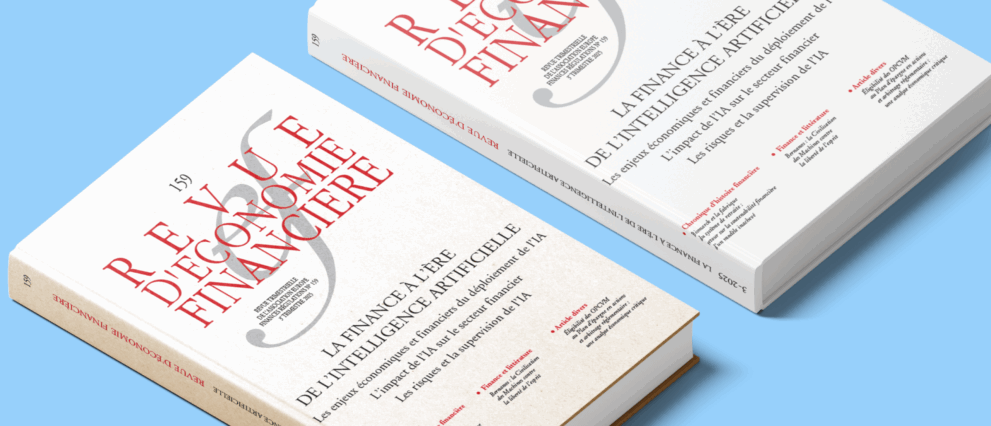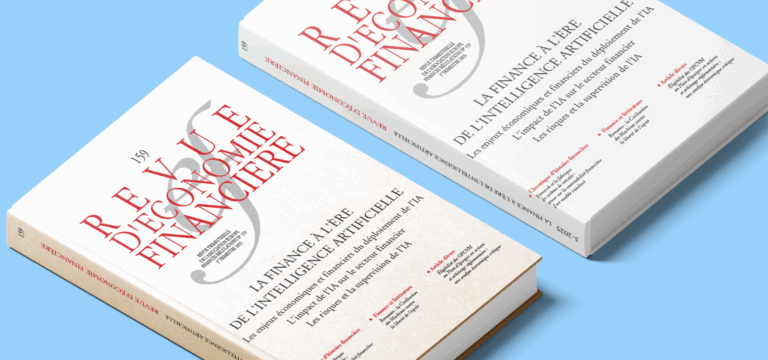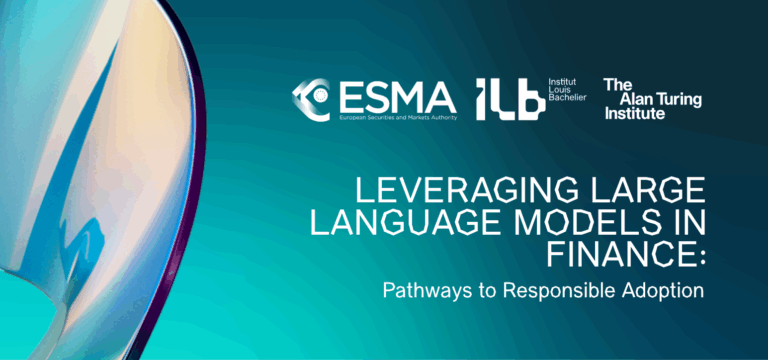This ambitious volume — featuring 17 articles by 25 authors, including researchers, central bankers, supervisors, and finance professionals — offers a deep exploration of the major transformations that artificial intelligence (AI) is bringing to the financial sector.
A technological revolution at the heart of finance
Artificial intelligence is reshaping every aspect of the financial industry — from data analysis and risk management to service personalization, modeling, and forecasting.
AI tools, particularly generative AI, are opening unprecedented possibilities for processing information, enhancing productivity, and improving decision-making.
However, this rapid transformation also brings new challenges: algorithmic bias, model opacity, systemic risks, increased market volatility, and widening technological inequalities between institutions.
At the center of the debate lies a crucial question: how can AI develop responsibly — in alignment with human, economic, and societal goals?
Three key areas of analysis
The issue is structured around three main sections that reflect the diversity of challenges and perspectives:
1. The economic and financial implications of AI deployment
With contributions from Cédric Villani, Philippe Aghion and Antonin Bergeaud, and Agnès Bénassy-Quéré, these articles examine how AI and new technologies stimulate growth, transform research productivity, and raise important questions about industrial policy and the organization of the financial system.
2. The impact of AI on the financial sector
Authors analyze the concrete applications of AI in market finance, credit, and investment, as well as the emergence of new valuation models and their implications for competition and financial stability.
3. The risks and supervision of AI
The final section explores the regulatory and ethical challenges posed by AI, along with the possible responses from supervisory authorities and international institutions.
High-level contributions
This issue brings together leading voices from academia, policy, and industry, including:
Marie Brière, Cédric Villani, Philippe Aghion, Antonin Bergeaud, Agnès Bénassy-Quéré, David Zhang, Xavier Boileau, Jean-Paul Mazoyer, Charles-Albert Lehalle, Thierry Foucault, Christophe Hurlin, Christophe Pérignon, Andrew W. Lo, Jillian Ross, Tobias Adrian, Benjamin Mosk, Jason Wu, Christine Balagué, Giulio Bagattini, Claudia Guagliano, Valentina Mejdahl, Iota Kaousar Nassr, Claude Diebolt, Alain-Gérard Slama, and Jason Lermyte.
Their diverse perspectives help shed light on how artificial intelligence is reshaping economic, financial, and technological equilibria — while raising critical questions about the conditions for sustainable and inclusive innovation.
“AI can steer innovation toward quality rather than quantity — provided its use is regulated without stifling competition,” notes Philippe Aghion in his contribution.
A publication aligned with the reflections of the Institut Louis Bachelier
This issue is fully in line with the FaIR program of the Institut Louis Bachelier, which explores the intersections between finance, insurance, and artificial intelligence.
By bringing together economists, practitioners, and regulators, it contributes to a deeper understanding of the major challenges of technological innovation and its regulation in the service of society.
➡️ Discover the special issue of the Revue d’Économie Financière here







